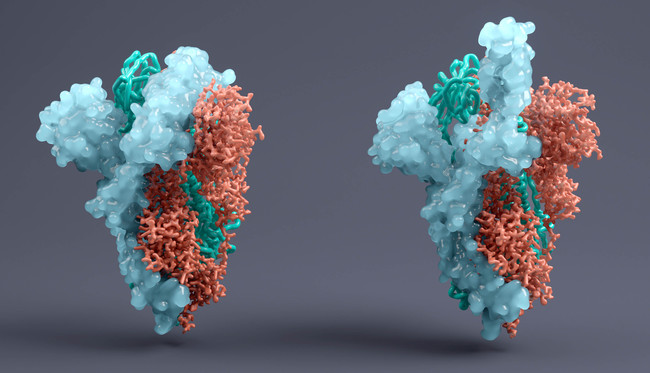UK groups get £12m funding for COVID-19 monitoring software

Researchers at the Wellcome Sanger Institute in the UK are working on software to monitor the genome of SARS-CoV-2 coronavirus in the hope of spotting changes that could affect the fight against COVID-19.
Backed by £12.2 million in UK government funding, Wellcome Sanger and the COVID-19 Genomics UK (COG-UK) Consortium intend to develop a real-time nationwide surveillance system that could identify mutations in the virus.
Wellcome Sanger will use the funding to develop the software to capture genomic information digitally, and pair it up with data from the UK public health agencies and the NHS and Trace programme.
The hope is that monitoring will allow health authorities to quickly identify mutations that might allow the virus to sidestep diagnostics, vaccines and drug therapies, for example, and guide the development of counter measures.
It will also allow linking of viral sequencing patterns with host genomics, immunology, clinical outcomes and risk factors, according to the consortium.
With the second wave of COVID-19 infections now gathering pace, and vaccines on the brink of being made available, genomic data will be critical to determine whether the virus evolves to escape them.
Since the first whole-genome sequence of SARS-CoV-2 was shared online on 11 January, scientists around the world have been sequencing the virus to spot genomic changes that will allow outbreaks to be tracked and controlled.
The effort could also help local authorities respond to outbreaks more quickly, according to researchers, and could become particularly important in allowing international travel to return to some degree of normality.
Specific lineages of virus can be identified from around the world, and that makes it possible to detect lines of transmission by comparing the genetic sequences of virus samples.
Sequencing also allows scientists to monitor key viral characteristics like transmission and disease severity, according to COG-UK director Prof Sharon Peacock from the University of Cambridge.
Since March, COG-UK has published more than 100,000 SARS-CoV-2 genomes, making up over 45% of the global total, an effort that it says has not been achieved previously for any pathogen, anywhere in the world.
The genomic data already generated by the COG-UK network – which includes Wellcome Sanger – has already “provided important scientific insights into the spread and evolution of the virus, at local, regional, national and international scales,” says the consortium.
Earlier this year, Swiss medical data specialist Sophia Genetics launched data mining tools to help researchers examine how the genome of SARS-CoV-2 changes over time, and combine that data with patients’ clinical and genetic information.
Tech company NVIDIA has also made its Parabricks genome-sequencing software available at no charge to researchers sequencing the coronavirus and the genomes of those suffering from COVID-19.












